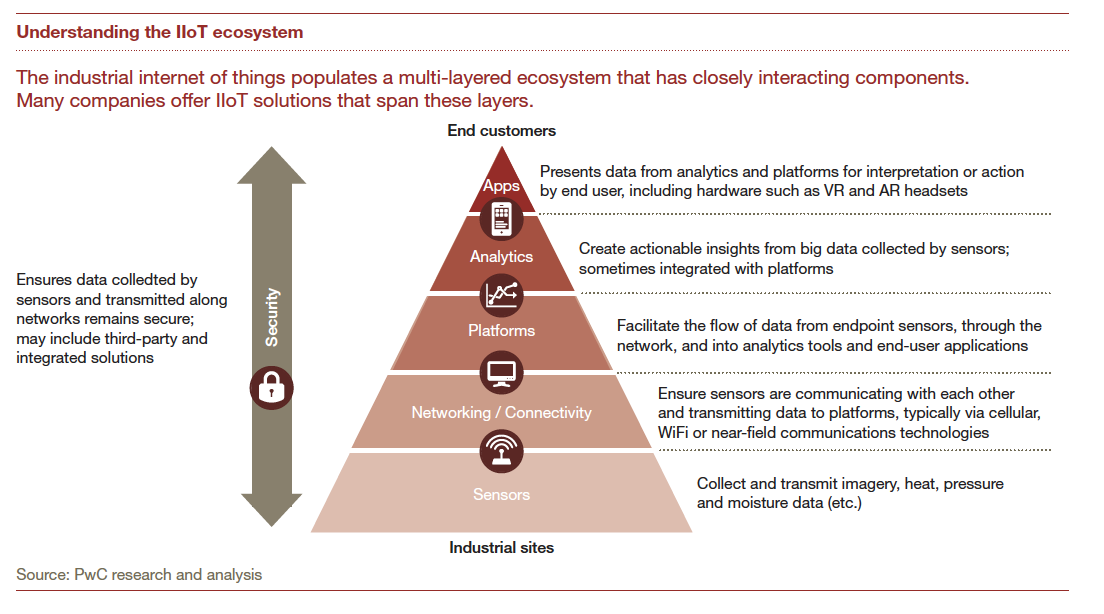Checkweighers (also sometimes called in-motion scales, belt weighers, conveyor scales, dynamic scales, and in-line scales) are an indispensable part of most, if not all dairy processing facilities. Many packaged dairy goods are sold by weight including cheeses and yogurts as well as products such as butter, ice cream novelties and whey products. Checkweighers ensure that these valuable products reach the shelves with just the right quantity of product in the package. Too much product equates with wastage (overproduction waste) and too little can lead to problems including loss of brand reputation and even lawsuits.
Dairy processing facilities create high demands on processing equipment such as checkweighers with regular exposure to aggressive cleaners and disinfectants and very hot water or even steam used to keep the area of operations up to regulation. This means that dairy checkweighers by their nature are expensive machines to own and operate because of their design requirements.
As a result, checkweighers used in dairy processing facilities have to produce the highest ROI possible. However, often dairy product packages are periodically rejected without a consistent root cause analysis of why packages are being over or under-filled. Ideally, this information would be used to adjust the process upstream of the checkweigher, but if the rejects data is held at the machine or with the local operator, this is probably not going to happen.
This can produce a significant loss of profitability as once packages are filled, it’s difficult to ‘unfill' them and send them back around for refilling. Some process steps including VFFS (Vertical Form Fill and Seal) fill and seal packages in one step making product recovery difficult or impossible. Over time, under-filling can create significant business risk and over-filling can eat into profitability.
Fortunately, there’s now an easy way to extract data from multiple brands of dairy processing checkweighers for real-time analysis and response. Worximity has announced API connectivity to multiple brands of checkweighers used in the wet and harsh dairy food processing environments including Mettler Toledo, Ishida (cheese curds & products) and Yamato . This means that dairy processors can quickly and efficiently connect the Worximity Smart Factory dashboard to these checkweighers without a hardware interface, saving installation time and cost and generating even faster ROI. With API connectivity the data available for analysis is richer meaning more insights are available for optimization and troubleshooting!
With real-time factory analytics, dairy manufacturers can empower and accelerate their continuous improvement programs producing fast ROI.
To learn more about Worximity and maximizing product yield, visit here.
To see what one dairy processor was able to achieve with real-time factory analytics, see the case study below.


















